ICT in Education
ICT in Education
What Is ICT?
ICT stands for "Information and Communication Technology (or Technologies)." As the word "communication" implies, it means sharing information and knowledge with others. ICT in education aims for more effective and creative education by utilizing highly developed technology. Some of you may not be familiar with it, however, it has been widely spread and the word is commonly used instead of IT. Let's take a closer look at the key phrase, "ICT in Education," which is attracting attention not only in the field of education but also in the IT industry.
Content
- 1. Background
- 2. Advantages
- 3. Disadvantages
- 4. Future Vision of ICT in Education
1. Background
ICT in education is a method to enhance learning opportunities utilizing information and communication technologies including PCs, smartphones, and tablets. This movement has been accelerated in many countries along with the technological developments, and in the educational sector, it is aimed to promote active learning and higher levels of knowledge acquisition with digital devices. Actually, many school reports state the improvement of students’ knowledge and motivation to learn with ICT in education compared to the traditional methods.
Why do we need ICT in education now?
Rapid development of information technology has much to do with spreading ICT in this society, and these technological innovations require us to acquire information skills. In recent years, the demand for introducing digital technologies has been gathering attention as a means of providing children with the "basic knowledge" to manage information by themselves. As technology continues to advance, it will become more important for them to be able to gather information efficiently and properly rather than to have knowledge as they did in conventional education.

2. Advantages
There are many reasons why ICT in education is attracting attention both for students and teachers. The following are some of them.
Enhance the Quality of Understanding
➡ Digital devices make it possible to provide images and videos, which will increase students’ interest and motivation in learning. In addition, it helps active learning rather than passive lessons like one-way lectures. They can use them as a tool for group activities as well, which will lead to deeper understanding.
Formative Assessment
➡ Digital devices are not only fun to use in itself for students but contribute to formative assessment. Group activities using such devices promotes active communication with classmates and encourages even shy students to participate in discussions.
Reduce Teachers’ Burden
➡ One of the advantages of ICT in education is to reduce teachers’ burden. First, they do not need to prepare handouts nor write down sentences on blackboard as before. Using digital devices enables teachers to save time as well as to drive their performance in class. For instance, they can make use of information from the internet and share it immediately with others. Such data can be shared with both students and teachers easily, and will result in higher quality of education itself.
Improve Digital Skills
➡Nowadays, digital devices are indispensable in business. ICT in education will help students to get used to such devices at an early stage for their future jobs.

3. Disadvantages
Regardless of its convenience, digital devices require proper management as well as repair when they are broken. In addition, effective countermeasures are needed to prevent information leakage. These concerns may increase teachers’ additional tasks.
Cost for Devices
➡ ICT in education requires digital devices. That means, it is necessary to purchase special equipment on budget. In some cases, parents have responsibilities to buy one individually, but it is expected that additional cost such as repair and replacement of it in case of trouble may incur.
Challenges for Beginners
➡ Some teachers might be uncomfortable with ICT devices. For those who are used to paper-based materials, there might be concerns about how to use digital devices in class.
Concern about Passive Learning
➡ While ICT in education plays a role to promote effective learning, there are concerns about reduction of logical thinking skills or reasoning skills.
These are the typical disadvantages of ICT in education.

4. Future Vision of ICT in Education
ICT in education has many kinds of advantages as written above. At the same time, it is true that there are disadvantages as well. What we emphasize here is that you cannot ignore the immense effectiveness of ICT in this digital society. Higher levels of understanding and enhancement of students' performance will result in developing the next normal, and digital devices will be one of the most highly-effective and versatile learning tools.
What is the future of ICT? How will it affect children’s future? When they grow up and step into society, digital knowledge and skills will be indispensable for any organization. In this point of view, developing a learning environment using ICT in education plays an integral role in future society along with changing trends in technologies, and their abilities will make a big effect on the new era.
It is believed that introduction of ICT is the key for educational satisfaction. In order to develop such an environment, parents are also needed to associate with the measures taking a flexible stance in response to changing times and rethinking the way of education.
Goal of ICT
What Is the Goal of ICT?
Digitalization and Internetization are expected to advance rapidly in the future. One of the objectives of education is to "foster creativity." It may not always require ICT, however, learning experiences with digital technologies will accelerate active learning for deeper knowledge and higher skills, which will lead to students’ creativity as a result.
Along with this recent digital innovation, ICT as a tool will become one of the most important parts of education, and digital skills acquired during school days will have much to do with their future.
Summary
ICT in education refers to sharing information and knowledge using “information transmission technologies" and "information and communication technologies." Digital devices including PCs, smartphones and tablets connect networks with the internet or other digital technologies, and these are utilized in the education sector in recent years. While there are many challenges in ICT, it offers unprecedented possibilities and greater learning efficiency. Digital transformation (DX) has made impacts on our daily life and the learning environment is constantly changing into something new, advanced and convenient. In this fast-changing world, the term, ICT, will become more and more familiar to us and will penetrate deeply into our lives.The bottom line is that ICT in education is not just digitalization but development of the learning environment with digital technologies.
- "Tips for creating e-learning questions.
- [June 19 (Wed) - June 21 (Fri), 2019]The 10th Annual Education IT Solutions E...
Comment ( 0 )
Trackbacks are closed.


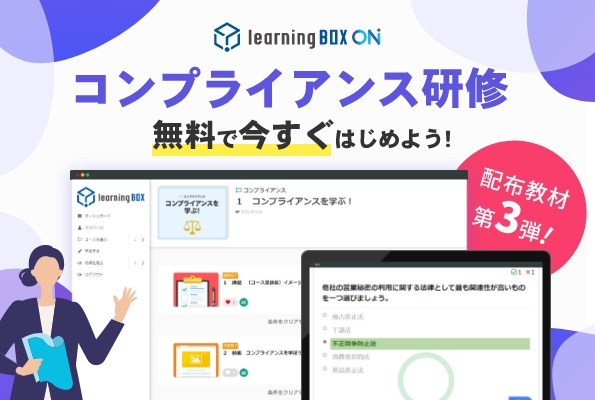
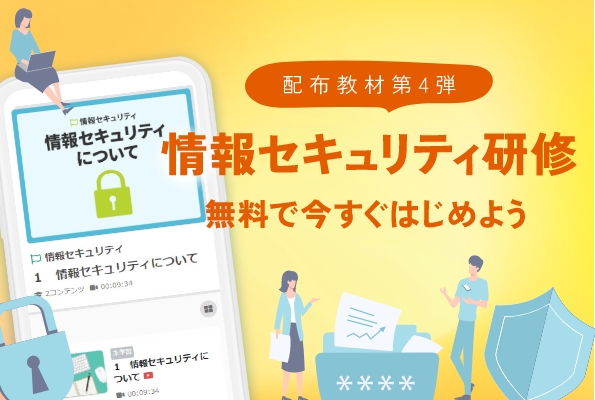
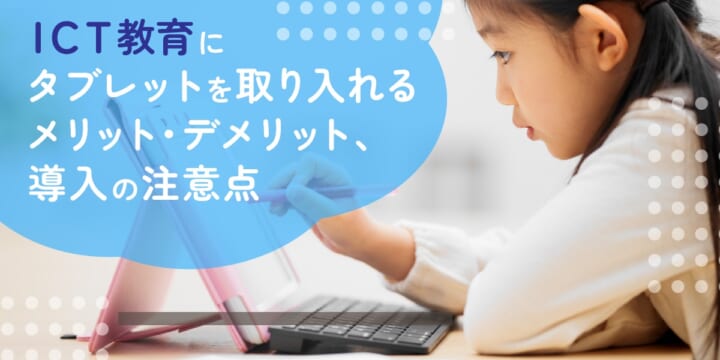
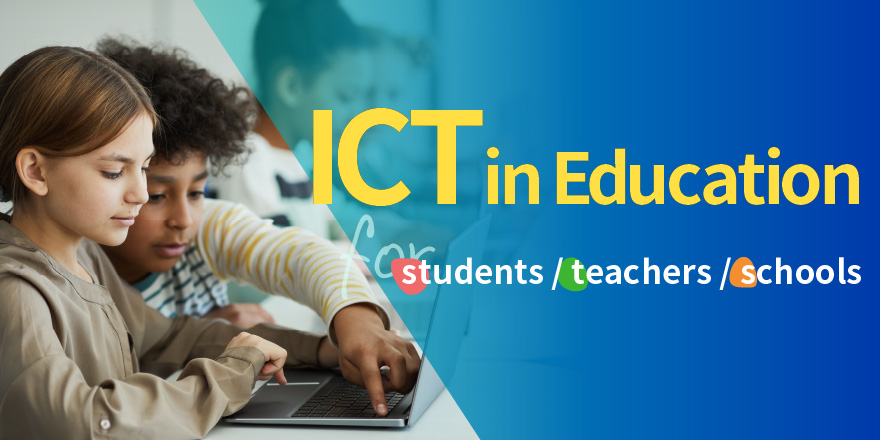
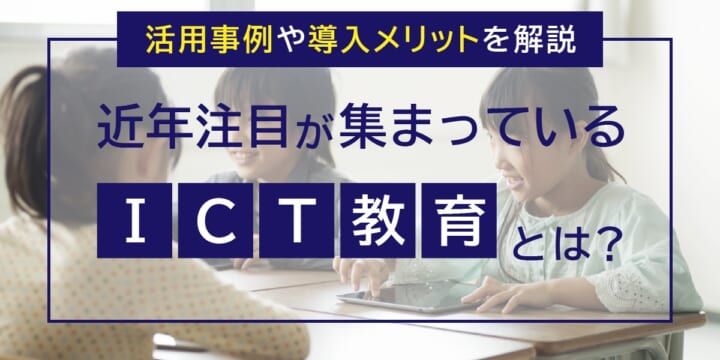
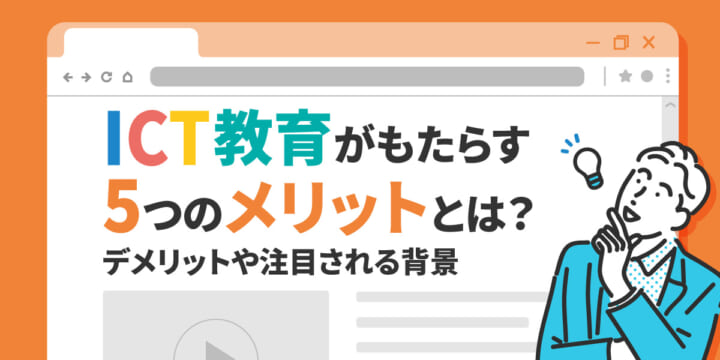
No comments yet.